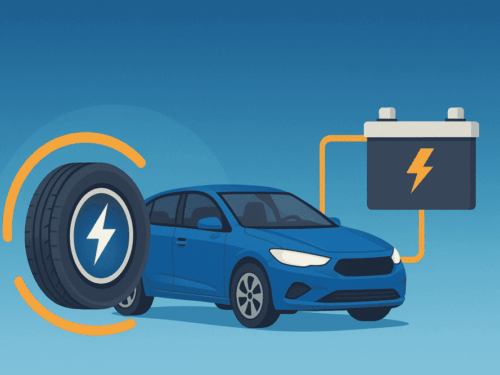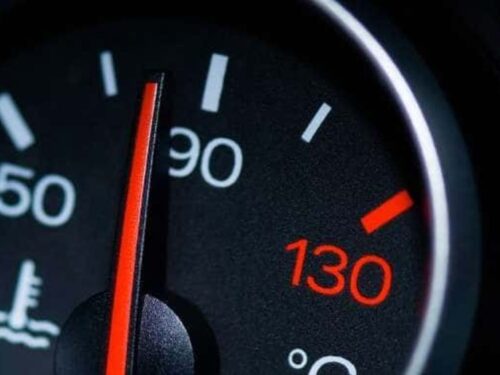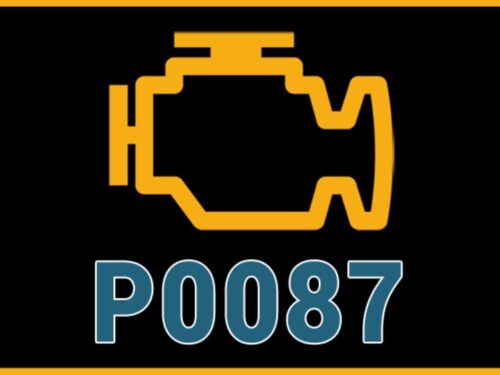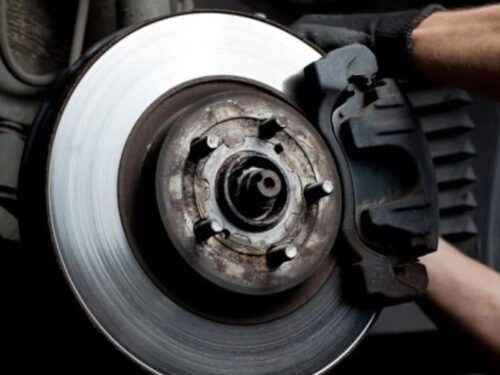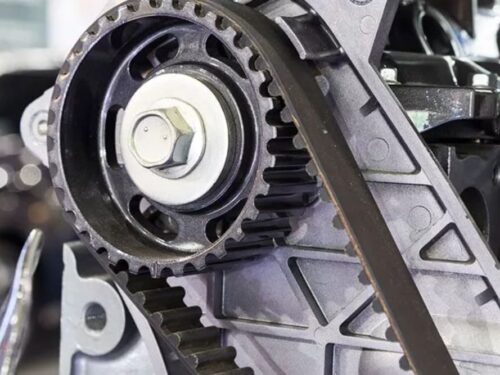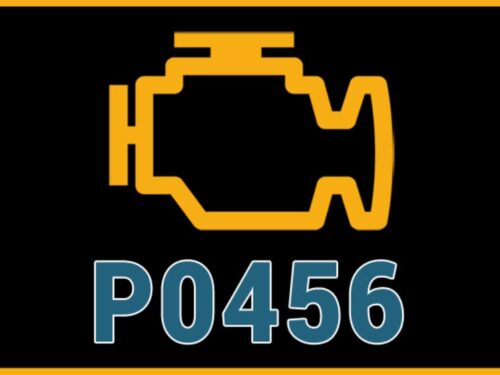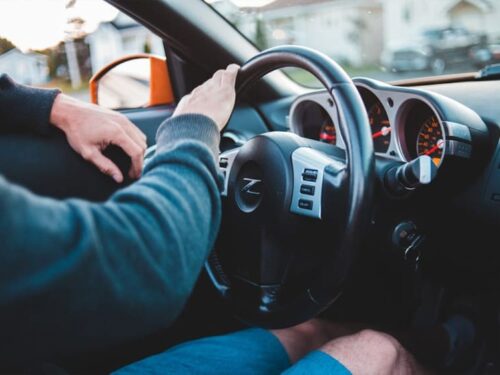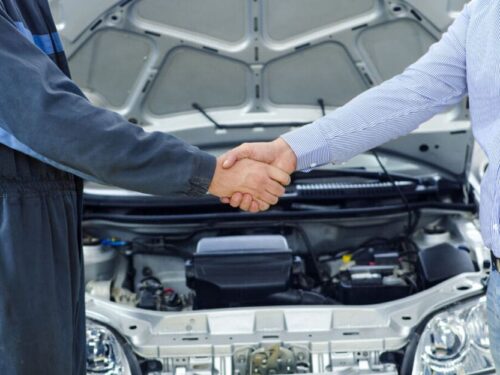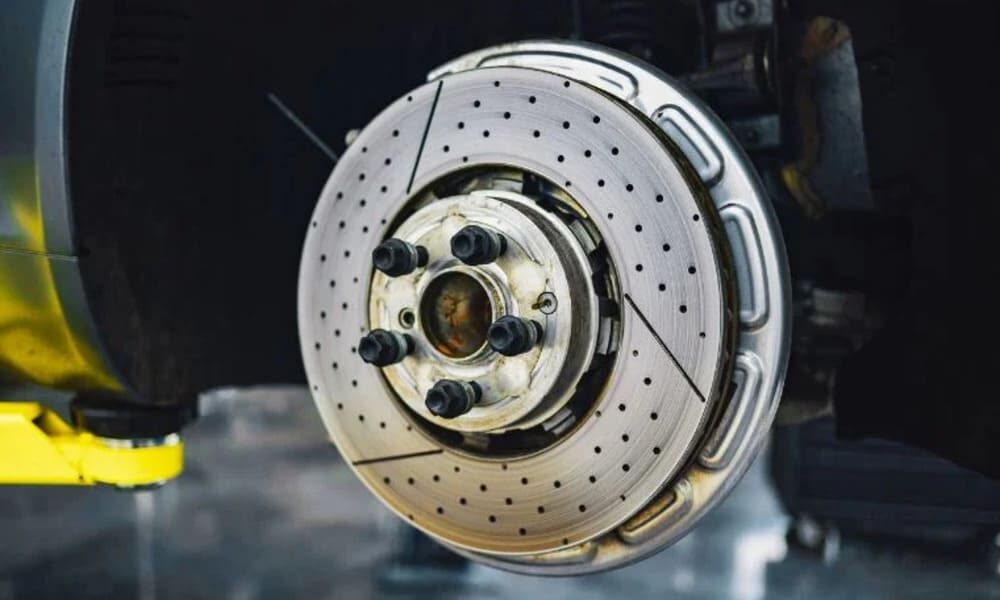
Your brake rotor is the shiny metal disc made from cast iron that sits behind your tire. This is the surface the brake pad contacts when you press your brake pedal, building up friction to slow you down. Due to its high friction load, these rotors wear down over time and require attention (depending on your vehicle and driving patterns). A good auto shop will usually replace your rotors and pads at the same time.
When Your Car Vibrates Upon Braking
You can often feel a brake rotor problem when you go to brake. Your car vibrates the second you put your foot down, and the shaking stops when you release it. Figuring out that this shaking occurs when you brake allows you to home in on the specific cause amongst a bevy of other possibilities.
The underlying problem we find behind this pulsating is an uneven rotor or worn-down brake pads. Over time, the rotor can develop grooves that don’t match up with the pads anymore. These tiny differences cause this shaking as the rotor turns. More substantial rotor warping even leads to your car jerking left or right when you brake.
When Braking Makes an Unpleasant Sound
In our experience, when there’s vibration upon braking, there’s also a squealing, grating, clunking, or grinding sound that accompanies these vibrations. While a slight squeal is preferable over a heavy grinding, any sound indicates wear and it’s best to head to an automotive brake expert.
Longer Brake Times
Meanwhile, a third sign it’s time to replace your rotors is that it takes a little longer to brake than normal. This is a phenomenon called brake fade, and it’s completely natural over time. This requires a close knowledge of your car and a keen sense for this, but it’s easier to pick up on than you may think. This is often due to a combination of rotor and brake pad wear.
Courtesy of autolablibertyville

